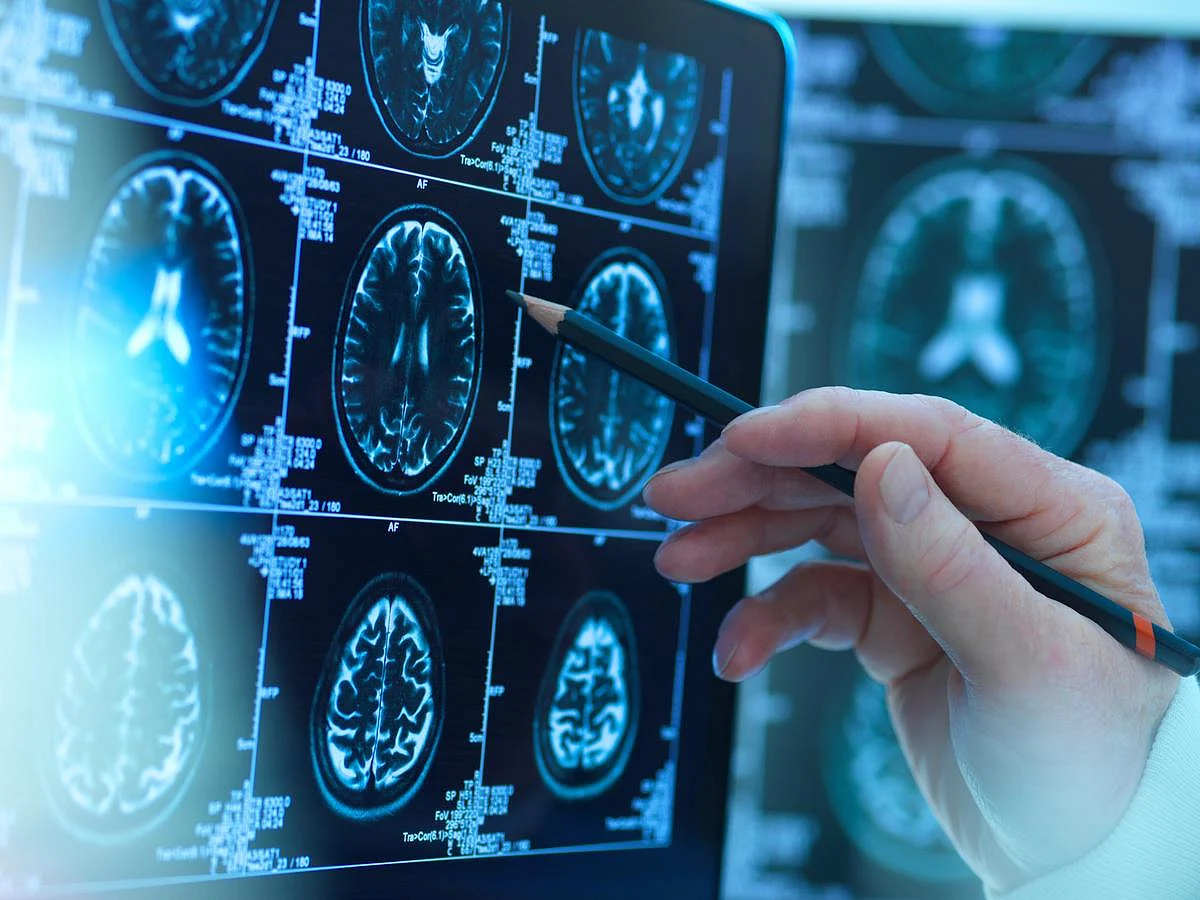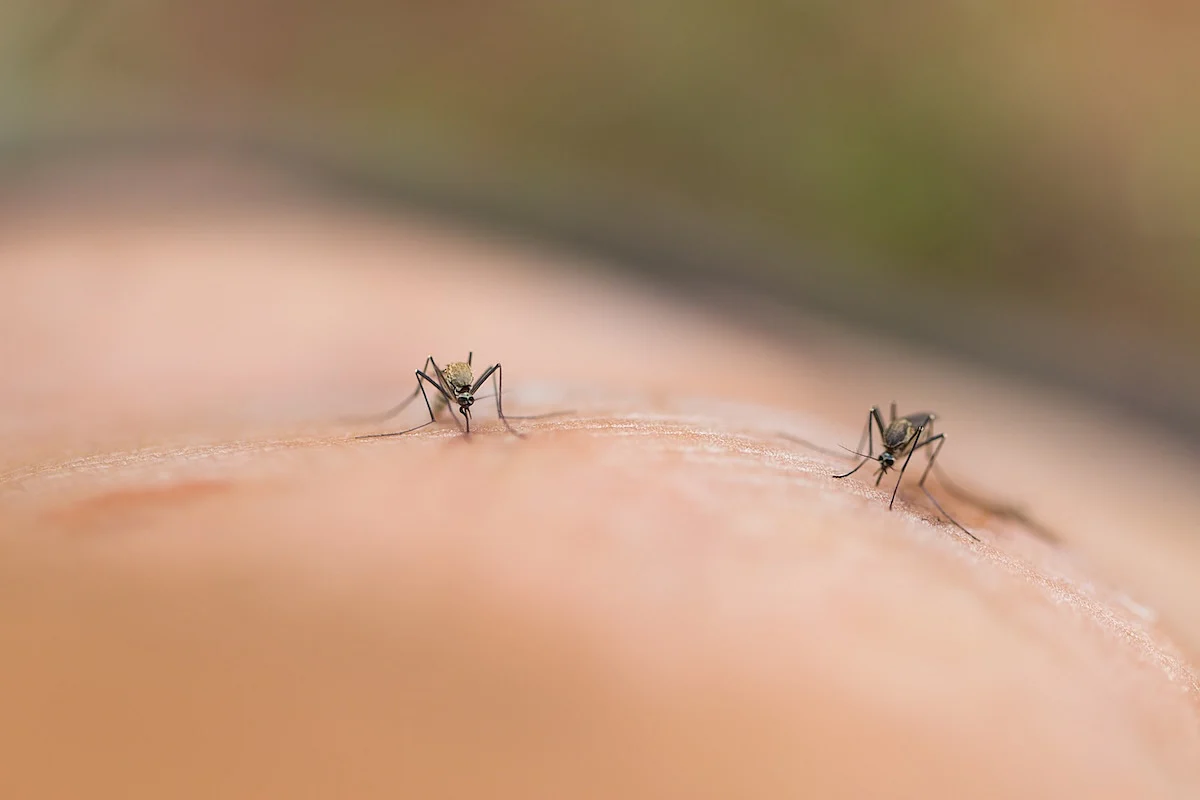
Move follows RFK Jr.’s abrupt dismissal of the entire ACIP in June, alleging it was too aligned with manufacturers read on >

Move follows RFK Jr.’s abrupt dismissal of the entire ACIP in June, alleging it was too aligned with manufacturers read on >

Tiny amounts of lithium — a natural metal — may help protect the brain from Alzheimer’s and signs of aging, new research shows. Scientists at Harvard Medical School and Rush University found that when mice were fed a low-lithium diet, their brains developed more inflammation and signs of aging accelerated. The findings were published Wednesday… read on > read on >

Health officials in China are reporting more than 8,000 cases of chikungunya, a virus spread by mosquitoes that can cause fever and painful joints. The outbreak is centered in Foshan, a city in the southeastern province of Guangdong with nearly 10 million people. Hong Kong, Macao and Hunan province — more than 400 miles north… read on > read on >

“Sticks and stones may break my bones, but words will never hurt me.” This old saying is just plain wrong, a new study argues. Verbal abuse inflicted in childhood can harm a person’s future mental health as much as physical abuse, researchers reported Aug. 5 in the journal BMJ Open. Verbal abuse increased by 64%… read on > read on >

The implantable neurostimulation device activates the body’s innate anti-inflammatory and immune-restorative pathways read on >

U.S. Department of Health and Human Services (HHS) Secretary Robert F. Kennedy Jr. has canceled nearly $500 million in grants and contracts meant to support mRNA vaccine development, the agency announced Tuesday. The funding had been awarded to 22 research projects managed by the Biomedical Advanced Research and Development Authority (BARDA), a group that helps… read on > read on >

Automatically mailing a stool test kit to people’s homes might be the best way to boost colon cancer screening among younger adults, a new study says. More 45- to 49-year-olds went ahead with cancer screening when they received an unsolicited stool test kit in the mail, rather than having to actively opt into screening or… read on > read on >

There’s a simple way older women can protect their heart health, a new study argues. Just stand up. Women who started standing up from a seated position more often during their day experienced notable improvement in blood pressure after three months, researchers reported recently in the journal Circulation. Taking these short-standing breaks appeared to boost… read on > read on >

Adding distance to your daily walk and picking up your pace can help reduce risk of heart problems associated with high blood pressure, a new study says. Compared to a minimum step count of 2,300 steps, every 1,000 additional steps are associated with a 17% lower risk of heart attack, heart failure and stroke, researchers… read on > read on >

Researchers have debunked long-standing concerns that Tamiflu can cause neurological and psychiatric problems when given to influenza-stricken children. For decades, doctors have debated whether the antiviral drug oseltamivir (Tamiflu) increases kids’ risk of seizures, mental problems and hallucinations. But Tamiflu actually cuts by half a child’s risk of such problems, compared to leaving influenza untreated,… read on > read on >